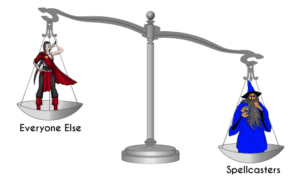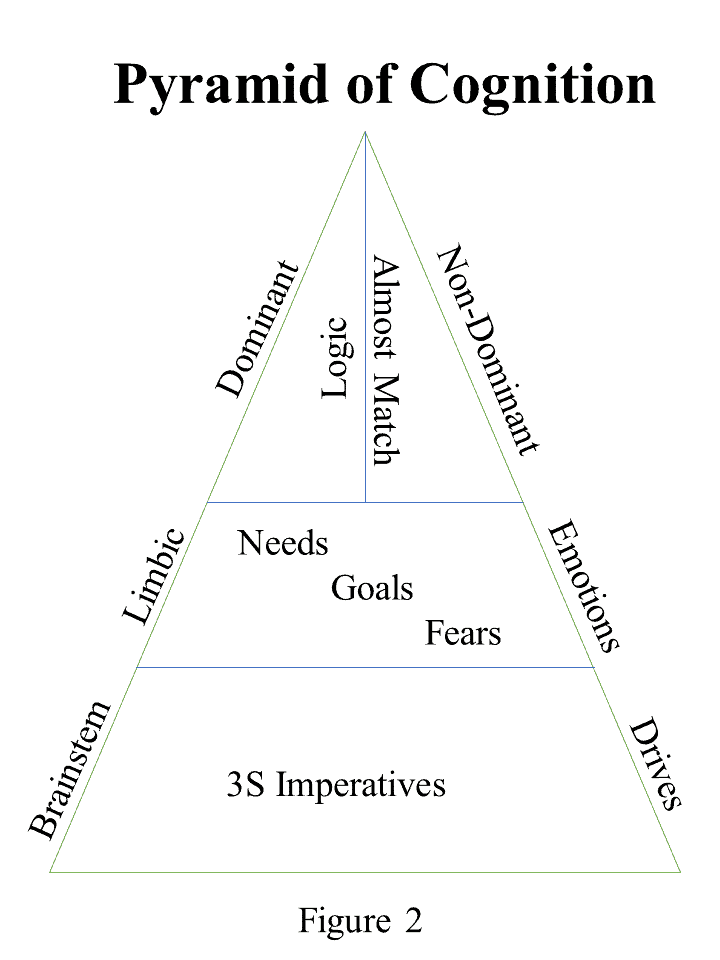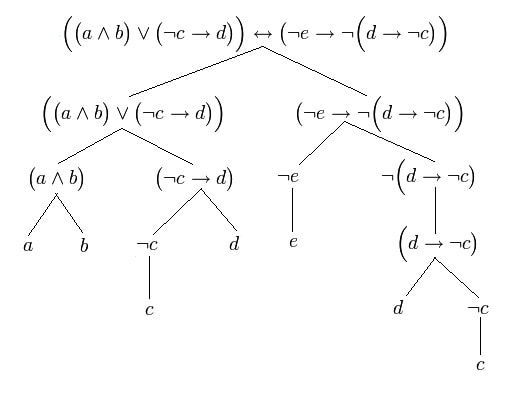Frequency of Messages – Impact
Advertising works on the basic principle that continued exposure to the same message will make that message occur again more easily in your mind in the future. For example, Coke ads connect relief of thirst with drinking their soda. This relation is not a logical deduction, but an increased association of thirst quenching with drinking Coke.
Hebb’s Law in neuroscience tells us that increased firing of sets of neurons make them more ready to fire together again in the future. Things that are related in a news story are more likely to be thought together in future situations– whether they are related or not, whether the relationship is true or not.
Principle of Repeated Exposure
The principle of repeated exposure to a particular relationship leading to future use of that relationship in one’s thought is a powerful force which operates across one’s thoughts. A fundamental feature of the principle is that its result is an association in your thoughts between items, not a logical link. When deeply impressed, it’s easy to take the association (as buy Coke, quench thirst) as a logical relationship, despite the lack of evidence presented to support to advertisement’s claim.
Remember the Pepsi Challenge? Blind taste tests between Coke and Pepsi. Those trials showed that removing the knowledge of which cola was Coke affected the choices people made.
Daily Life
Consider a person who reads the Britannica or the Great Books an hour a day, follows the business channels daily, and spends time every evening either programming or learning new software. When the person is not doing those activities, he or she will be examining the logic and sensibility of topics of the day, especially looking at costs and benefits, while wondering about how the various pieces fit together.
Consider a person who watches Home & Garden TV, Food Network, and DIY for a couple of hours each day. That person will be found to spending time examining his or her house, working in the yard, and shopping. When events of the outer world impinge on that reality, they will be weighed by effect on the immediate, much more than on the future.
Politics
Let’s compare two political citizens. One who watches CNN almost exclusively and the other Fox. I recently took the opportunity of watching both for some odd time between trips to Universal Studios. The number one difference was not the explicit difference of interpretation, but that CNN used perhaps half its time to air shows dealing with Trump shenanigans (Stormy Daniels back-and-forth and his lack of action regarding Russian actions within the US), while Fox mainly presented stories showing problems resulting from illegal immigration and the worries about global threats, non-Russian.
Differences in Airing Political Content by mass media outlets
A factual comparison of MSNBC, CNN, and Fox content for the period Aug. 25, 2017 until Jan. 21, 2018 is available https://pudding.cool/2018/01/chyrons/ .
- Russia probe. MSNBC viewers were exposed to twice as many scrolling messages about Russia problem than CNN viewers and 4x as many as Fox viewers.
- Clinton on Benghazi. Fox 4x as frequent as CNN and 20x as frequent as MSNBC.
- North Korea. Roughly the same. All three outlets covered it with the same intensity.
- There are non-political distinctions between media outlets. CNN flashed twice as many hurricane messages as Fox and 4 times as many as MSNBC.
- Colin Kaepernick. Fox about the same as CNN and 4x more frequent than MSNBC.
If you watch only one mass media provider of information, that will affect you in two ways.
- The attention you devote to particular issues. The amount of time that you think about an issue, becomes the significance you attach to that issue.
- The association your media provider makes between issues and events become the relationship by which you relate those items.
A crucial consideration is that mass media channels promote associations between political persons, issues, and value judgements. Do they reflect your realistic assessment? Is the volume of repetitions in agreement with the importance of the association?
Cambridge Analytica
Trump electioneering agent, Cambridge Analytica, used personal data in Facebook to target up to 50 million people for specific ads. That use underlines the importance of recognizing the impact of frequency of messages we see.
People who only start paying attention to political news as the election approaches are more susceptible to ads linking together specific people, issues, and positions.









4 thoughts on “Frequency of Messages – Impact”